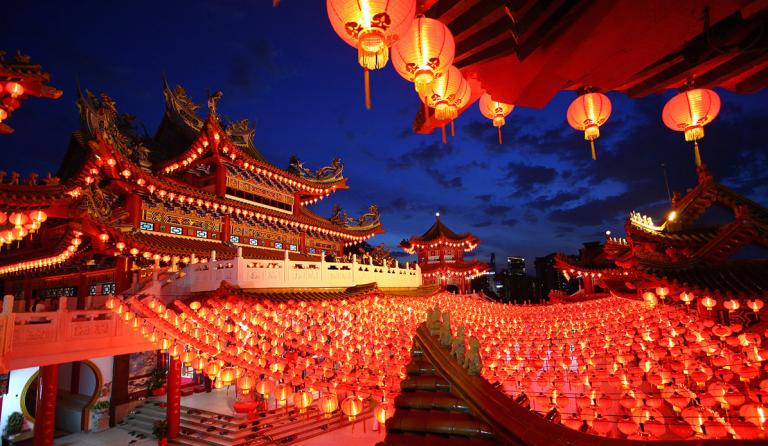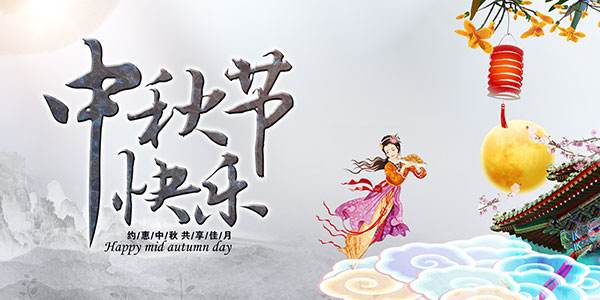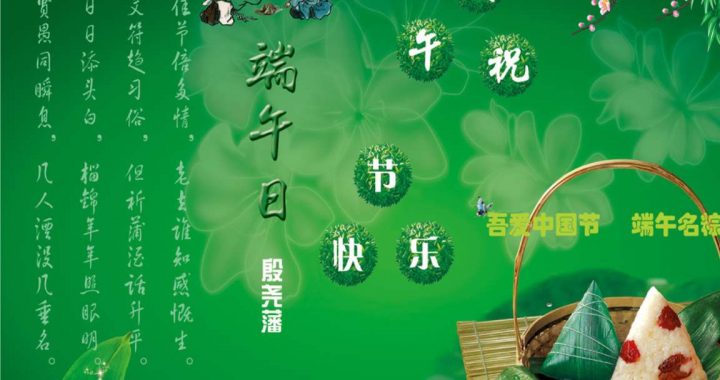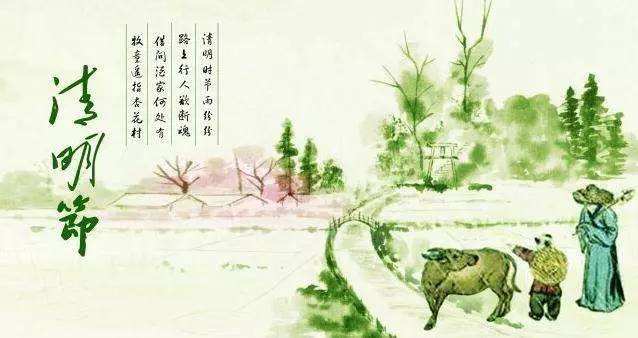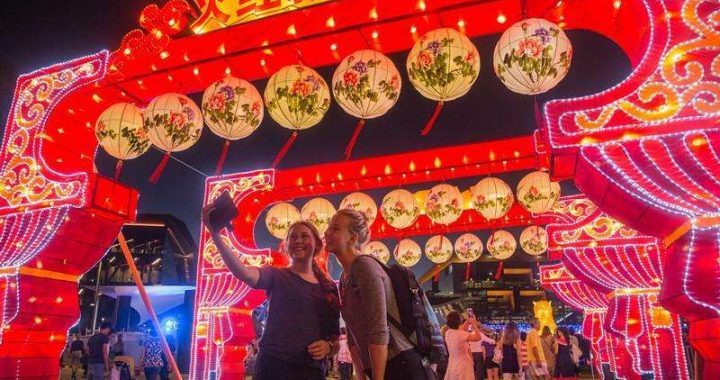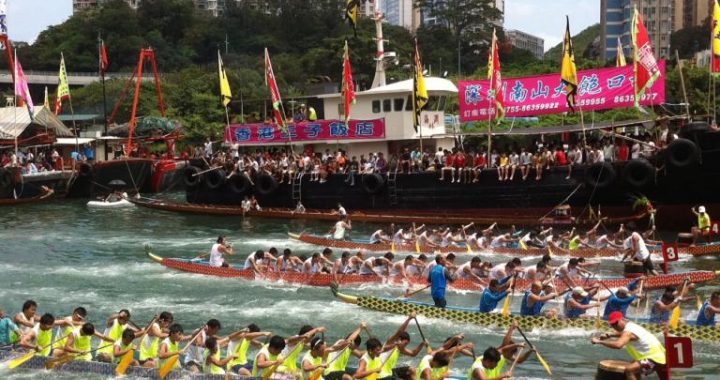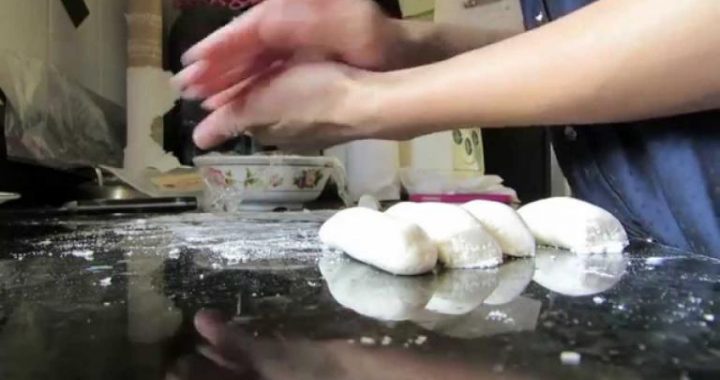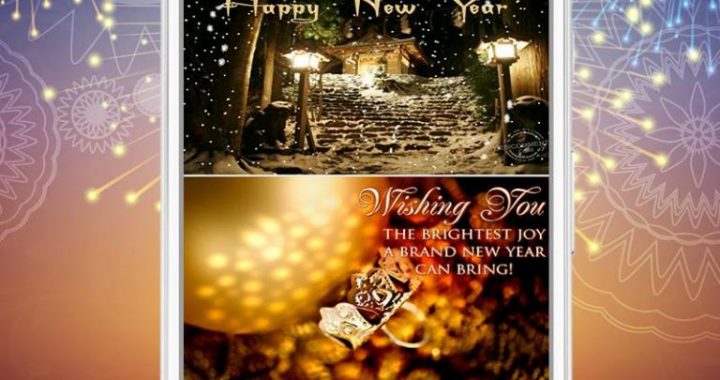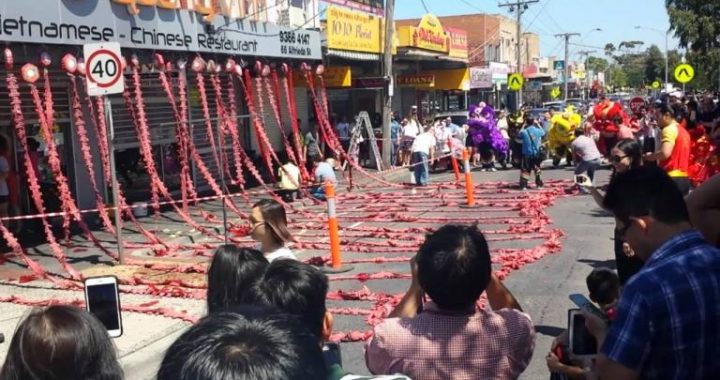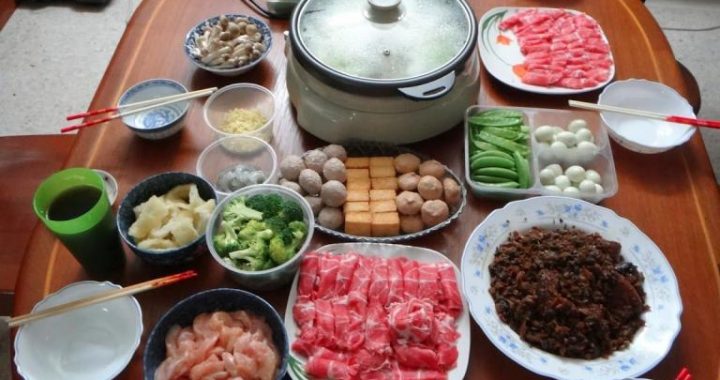Double Second Festival
5 min readFestivals are a culture of time, especially a culture of production time. If the time ofevery festival is arranged on one calendar, you can see that most festivals fall in the society’s leisure periods. Most religious festivals fall in such periods, to say nothing of productive festivals. At the starting points and breaks of spring sowing, summer farming.
autumn harvesting and winter storage, there are colorful festival settings that inspire people to get ready for labor, allow people to pray for blessings with expectation or let people relax mentally and enjoy fruits. To sum up, people are always in this alternately tense and relaxed cultural network physically and mentally. The reason for this arrangement is very simple. Only in leisure periods can people have more energy to celebrate festivals. This ingenious arrangement of rhythms and rehabilitation is just the charm of festivals.
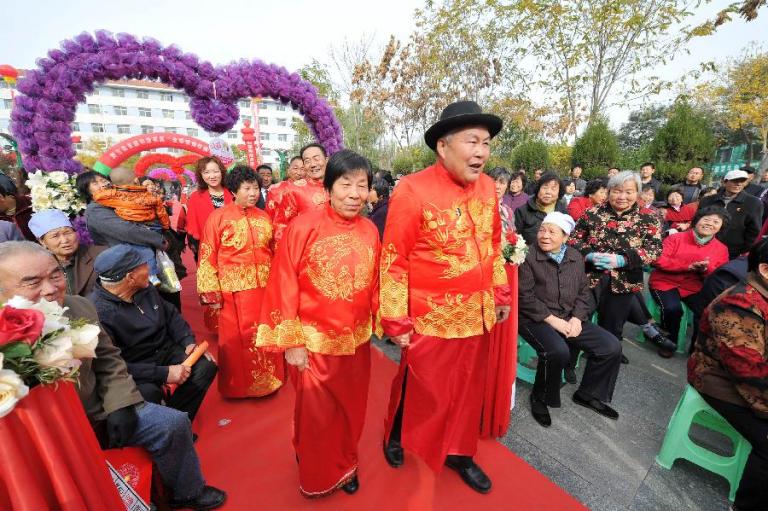
Double Second Festival: Spring Dragon Raises the Head
In many Chinese areas, the 2d day of the 21d lunar month is deemed as the end of the Spring Festival. After the 21d day of the 21d lunar month, the whole Spring Festival is over. The extraordinary state of the Spring Festival changes into the normal state of production, and another year’s agricultural activities officially begin.
The origin of the Double Second Festival was related to observation of nature by people in farming life. In the Western Zhou Period (1046-771 BC) at the latest, people indicated the positions of the sun, the moon and stars in the sky with the 28 Lunar Mansions to determine seasons and remember farming seasons. Among the 28 Lunar Mansions, the seven lunar mansions of Jiao, Kang, Di, Fang Xin, Wei and Ji form a complete dragon-shaped constellation, and the lunar mansion of Jiao is just like the dragon’s horns. In the night of the 21d day of the 21d lunar month, the “horns”of the “dragon”happen to rise slowly above the east horizon, hence the name “Dragon Head-raising.”The time is around the Waking of Insects, one of the 24 solar terms.”After the Waking of Insects, climates of different regions become similar.”With land thaws, dormant insects and animals become more and more active. Because the dragon is the head of all insects,”Dragon Head-raising”has become a symbol and the special position of the dragon in the Double Second Festival has been established.
The Double Second Festival is a composite festival. Since ancient times, it has consolidated the customs of the Waking of Insects, Vernal Equinox Day, Dragon Head Festival, Zhonghe Festival, Flower Festival and Land God Festival in the 21d lunar month of spring. Later these festivals gradually disappeared and were finally integrated into the customs of the Double Second Festival.
Various areas’ customs of the Double Second Festival are quite diversified and can be classified into activities and taboos by nature. Activities mainly include offering sacrifices to dragons, spraying ash, hitting girders, smoking worms, drawing water, cutting hair, putting small dragon tails on children’s heads, asking children to learn writing, welcoming married daughters’ return to their parents, eating pig heads, etc, and taboos mainly include stopping needlework, fetching no water early in the morning, etc. There used to be the custom of cutting hair on the 21d day of the 21d lunar month in most areas of North China, generally called “dragon haircut,”comparing people to dragons. Many customs and activities of the Double Second Festival do manifest people’s primitive thoughts related to dragons. In folk beliefs, dragons are not the same: some are benevolent and quite dedicative, some are naughty, some are lazy, and others are vicious. During the Double Second Festival, people either piously worship these gods in charge of rains with joss sticks, candles and sacrifices, or set various taboos in order not to offend them. Lazy dragons and vicious dragons are not treated politely. People stimulate them by hitting girders, eating fried beans(making dragons open their eyes), eating noodles(eating dragons’ beards), eating dumplings(eating dragons’ ears), eating flour pancakes(tearing off dragons’ scales), etc. The only purpose of doing these things is to let them bring clouds and rains and ensure favorable weather and bumper grain harvests so as not to delay the farming season.
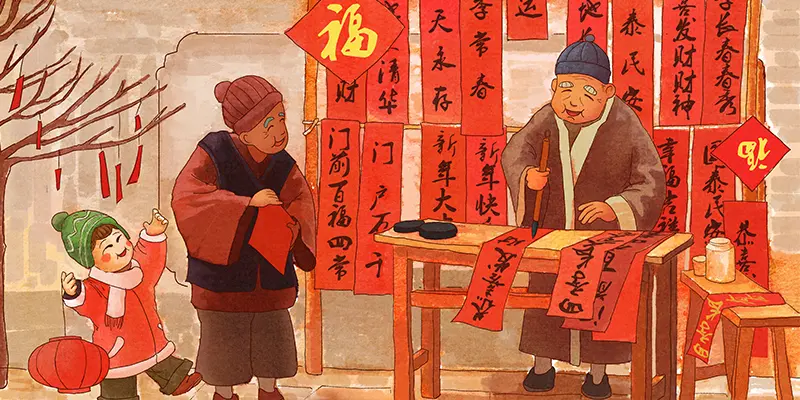
Traditional folk cultural activities such as welcoming dragon lanterns and rowing dragon boats held on the 21d day of the 21d lunar month in Yunxi Village,Liucheng She Town,Wuyi County,Zhejiang Most eating customs of the Double Second Festival are related to dragons.Beijing natives have the custom of”eating dragon scales”:they cook pancakes,add the”mixed dish”of fried shredded lean meat,spinach and blanched garlic leaves,apply sweet bean sauce with green union,roll them into the shape of a tube,and eat them with relish.In some northern areas,eating noodles on this day is called”eating dragons’beards”and”raisingdragons’heads,”eating pancakes is called”eating dragons’skins,”and eating dumplings is called”eating dragons’ears,””eating dragons’horns,””pressing dragons’eyes,””eating dragons’teeth,”etc.People in Jilin know how to economize well.They save the heads and trotters of the pigs eaten at the year-end for the Double Second Festival just to experience the wonderful feeling of”rain from the sky running on earth on the 2d day of the 21d lunar month when dragons raises their heads and every family eats dragon heads.”People in Shandong are famous for frugality.They like to say”after the Double Second Festival,there will be no bowl-shaped cake.””The bowl-shaped cake of the Double Second Festival”is a special phrase of rural people meaning a special opportunity.In the past,there was a sharpcontrast between farmers’life in ordinary day and in the Spring Festival,so on the 21d day of the 21d lunar month,the end of the Spring Festival,people were reluctant to let it go and looked for reasons to enjoy the last”luxury.”
In Shandong,”Datun”used to be the most popular folk activity of the Double Second Festival. Datun is also called “Dahuitun,””Weicang,””Huacang”and “Tiancang.”On the 21d day of the 21d lunar month, people get up early in the morning, put plant ash into dustpans, use one wood stick to hit the dustpan edge while walking to let ash fall down slowly, shape the pattern of a granary consisting of ash lines, spray ash outside the ash granary to form a trapezoid, and then throw some cereals into the grain, hoping that granaries will be filled with grain after a bumper harvest. Watching old men and women say the proverb “on 21d day of the 21d lunar month, dragons raise their heads, and granaries of all sizes are full”leisurely, we can know what a pleasure it is to run the ceremony personally. This embodies not only people’s strong hope for favorable weather and bumper grain harvests, but also an artistic and aesthetic sense of beauty in seizing happiness and relishing life.
The Double Second Festival is a fixed and mature festival in the agricultural society and can hardly be linked to the modern society. Like some traditional festivals, it is at an absolute disadvantage in the modern trend of emphasizing clearly distinction of time segments, convenient rhythms, provision of services and receipt of services, andis a festival increasingly distanced from the Chinese people.
